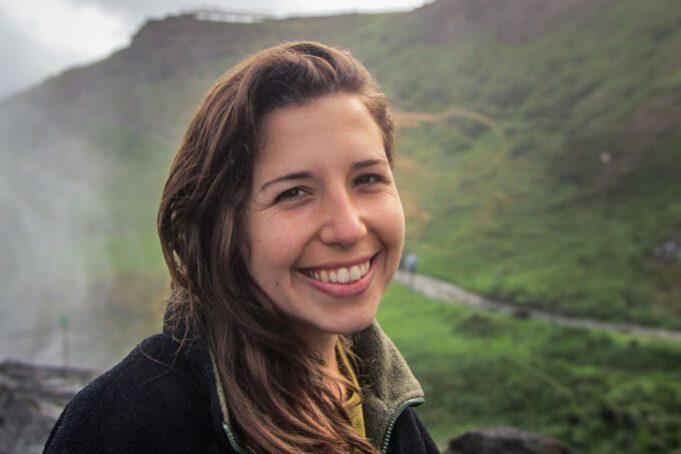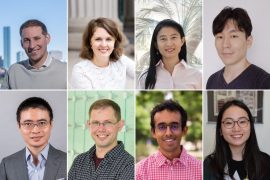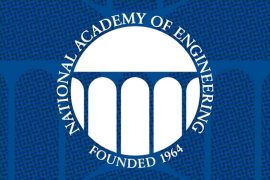3 Questions: New faculty interview with Abigail Bodner

An assistant professor in EAPS and EECS, Bodner discusses the relationship between small processes and large-scale climate effects, and more.
Abigail Bodner joined the Department of Earth, Atmospheric and Planetary Sciences (EAPS) as an assistant professor in January. She also holds a shared faculty appointment in the Department of Electrical Engineering and Computer Science (EECS), a part of the Schwarzman College of Computing and the School of Engineering. Bodner studies the relationship between climate, physical oceanography, fluid dynamics and turbulence by using a combination of theory, modeling, and machine learning. Here, she talks about the relationship between small processes and large-scale climate effects, how they relate to fields beyond oceanography, and the diverse group of students she hopes to bring together to help her explore these questions.
Q: What fundamental questions are you hoping to explore through your research?
A: I’m interested in the ocean’s role in climate, and in particular better understanding the small-scale physics of the ocean to improve climate models. Despite them being very small, turbulent processes near the ocean surface have a very big impact on the large-scale climate, and it is a great challenge to incorporate these effects in climate models. I’m focusing on fundamental aspects of turbulence and complex fluid dynamics that still pose a challenge today. I use a combination of theory, numerical simulations, and machine learning, and soon I’m also going to start branching out into observations to try to answer some of these questions.
I’m also becoming interested in problems related to sea level and sea level rise, which I hope to collaborate with scientists at EAPS and WHOI [the Woods Hole Oceanographic Institute] who work on this topic.
Q: Then tying nicely into the next question, how do these questions align with research being done here at EAPS?
A: EAPS has been the home of some of the greatest physical oceanographers and fluid dynamists. In many ways, my research today is streamlined from ideas that they started here decades ago.
Below the earth’s crust, in the atmosphere, and beyond in outer space, we see parallels to the problems I’m exploring in the ocean; I’m excited to learn about new approaches to similar problems and finding points of collaborating with scientists at EAPS. I’m also hoping to form close relationships with the Schwarzman College of Computing, and in particular adapt data science tools to the intersection of oceanography, climate, and computing.
Q: What is your goal for a research program of your own here, and what sort of group are you looking to put together?
A: I am looking forward to mentoring the next generation of oceanographers who are interested in applications in climate modeling and data science. I hope to attract people from diverse backgrounds, interested in tackling different angles to the same problem. Whether they are interested in classical oceanography, fluid dynamics, climate modeling, computer science, or engineering, I would like my group members to focus on one topic in-depth, but also acquire breadth by learning from one another, and branching into new directions together.
I’m also very passionate about education. I’d like to encourage my group to get involved and collaborate with outreach groups on or off campus. Everyone has something to contribute!


